
OR
Opinion
Rising Intolerance against Dalits in Nepal
Published On: July 27, 2023 08:30 AM NPT By: Hari Prasad Shrestha
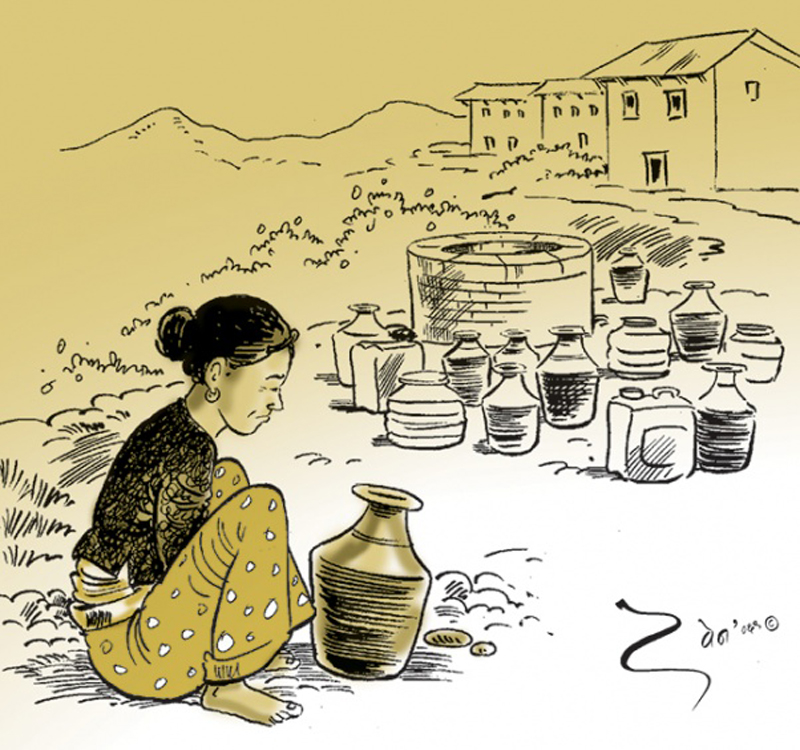
More from Author
- Why Federalism has Become Risky for Nepalese Democracy
- Hunger is a Serious Problem in South Asia
- Tourism Can Be A Catalyst For Change in Karnali Province
- Nepal’s Southern Border Has Become An Open Regional Crossroads
- Opening a new gateway for Kailash Mansarovar Yatra through Nepalgunj-GunshaNagari flight
I remember those days of three decades ago, when one of my Brahmin friends of western Nepal married a Dalit girl of Kathmandu by confronting the intense resistances from his family members and society as well. It was a love marriage and luckily the marriage ceremony took place in Kathmandu amid a small number of friends and relatives. Such marriages were almost impossible and dangerous to be performed not only in those days but also at present, if it were out of Kathmandu, especially in small towns and villages of Nepal.
After this marriage, most of his relatives broke relationships with him and he spent an uncomfortable life, faced unbearable criticisms with adverse environments. However, recently, with surprise, I heard good news about my friend that his mother who was against the marriage of her son, accepted the marriage and started to live with her son and daughter-in-law with no feeling of discrimination and disregard. The reason and driving force behind this change in his mother was her loneliness after her caretaker elder son and daughter left for the USA and settled there. Whatever be the reason, the acceptance of such marriage was a rare indication of change in the social mindset
In Nepal, there are two classes of people, one is the upper castes and class, which is high and forward, and another is the indigenous or backward group — all those other than the people of the upper caste. The majority of diffident communities come from the population of indigenous groups under backward group. The forward castes Brahmin, Kshatriya including Vaishnava have social and economic rights, which the many indigenous, Sudra and the Dalits (untouchables) did not have.
The majority of Dalit community in Nepal are still suffering from extreme discrimination and inequality both in society and state level since many decades except recently some percentages in state appointments and political positions have been reserved by the law.
Predetermined circumstances like gender, caste, race, place of birth, family origins and the social groups of a person should not help determine people’s status. But people are biased on these issues on a widespread scale not only in Nepal but in most of the South Asian nations where it has become a chronic problem.
There is some sort of discrimination with the minorities in almost every country of the world, however the discriminations against the Dalits in the countries of South Asia are completely different, full of cruelty, untouchability and violence. South Asian countries have around 200 million Dalits and one estimate puts the number of Dalits at 13.09 % out of the total population of Nepal.
Dalits are still considered the discriminated and oppressed communities and suffer from the restriction on the use of public amenities, deprivation of economic opportunities, discriminated in the religious and cultural spheres, and neglected by the state and society in general.
The Government of Nepal is obliged to take measures to prohibit caste-based discrimination and untouchability under international human rights laws. The promulgation of a much anticipated new constitution of Nepal in late 2015 partially ended a prolonged political transition and the decade-long Maoist insurgency. However, ethnicity remains a contentious issue in both politics and economy.
Recently the police filed criminal arson and caste-based discrimination cases in Jumla against 21-year-old Himmat Giri, who allegedly torched the house of Mukunda Nepali, a Dalit, for eloping with his sister.
This incident serves as a reminder of the 2020 Rukum West incident in which six Dalit youths were killed over an inter-caste love affair. The 21-year-old Nabaraj BK, had gone from Jajarkot to Rukum West to bring a 17-year-old girl, belonging to a so-called ‘upper caste’, as his bride when the locals attacked them and chased them towards the Bheri River.
The Dalits were also formerly referred to as untouchables, a term that is now understood as offensive.
Dalits were excluded from the four-fold varna system of Hinduism and were seen as forming a fifth varna, also known by the name of Panchama. Dalits predominantly follow Hinduism, with significant populations of the adherents of Buddhism, Sikhism, Christianity, and Islam. Scheduled castes is the official term for Dalits as per the constitutions of India and Pakistan.
Untouchability remains a curse in most of the rural areas of South Asian countries and if it is a Dalit and a woman, the level of mistreatment is two-fold. The standard of awareness is low; people still believe that allowing a Dalit inside a house will bring bad fortune.
Dalits are being denied access to vital resources, such as public water taps, as well as temples, restaurants and other public places. Occupational segregation impedes access to employment, with Dalits restricted to traditionally assigned occupations, including road-sweeping, leatherwork and even forced sex. Despite the Government’s commitment to abolish such practices, many Dalits remain trapped in bonded labor relationships.
There has been negligible change in Dalit rights. Especially women, children, the disabled and the elderly are more vulnerable. Poor people other than untouchables are better in society. Poor people have been excluded only based on their economic conditions, but the Dalits are excluded socially, culturally, religiously, economically and politically as well.
The current Nepali legislation meets international obligation to a certain extent. The Interim Constitution guaranteed the right to equality, providing that there shall be no discrimination against any citizen based on caste, and further prohibited untouchability in any form, establishing liability of the perpetrator and entitling the victim to compensation.
The local level election law of Nepal has tried to bring some changes in Dalits representation at the local level. It includes a mandatory provision on electing at least one Dalit woman in the post of ward committee member.
Likewise, the local poll law has reserved four seats for women and two seats for candidates hailing from the Dalit or marginalized communities in the village councils. In the case of a municipality, five seats have been reserved for women and three for Dalits or the marginalized, while the number is at least three in the event of the district coordination committee.
During recent local government polls, thousands of Dalit men and women have been elected to the local bodies, which has been an achievement in the history of gender and class equity and bringing Dalit in the political mainstream.
Popular singer Prakash Saput's latest song 'Damai Maharaj' has been released on YouTube which narrates the problems of the Dalits entering temples. Saput is seen in the guise of a Puranavacha Pandit. He comes to recite Puranas during a week organized for temple reconstruction. And the issue of caste untouchability has been strongly raised.
Dalits contributed to every political change in Nepal, however violence against them and their conditions for better and dignified life have never changed. There are also laws for equal participation, equal rights, and non-discrimination for all oppressed communities including Dalits but in practice, the implementation of prevalent laws are very weak and consequently religious conversions of Dalits are high in Nepal .
Madhesh, Sudur Paschim and Karnali are highly vulnerable provinces for the Dalits compared to other provinces. There is still a lot to be done to end the rampant discrimination against the Dalits. The Dalits have a lower social network, limited access to better jobs and opportunities and when a crisis occurs, they can be costly for them. The Dalits need greater equity, more efficient economic support, reduced discrimination, more social and political support and better institutions for their upliftment.
It is necessary to provide special economic opportunities to the Dalit community similar to the special economic incentives given to the Thakalis by the state for their upliftment. Special financial packages and special protections from the state are also needed for the Dalits.
You May Like This
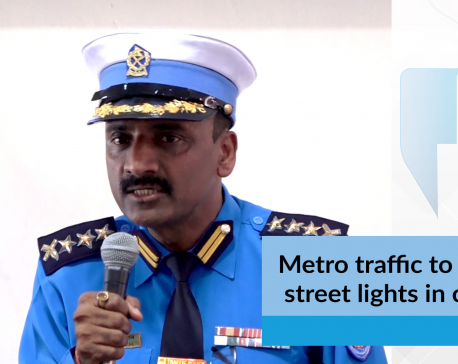
Metro traffic to manage street lights in the capital(with video)
KATHMANDU, Sept 9: Metropolitan Traffic Police Division is all set to manage street lights in Kathmandu valley. ... Read More...
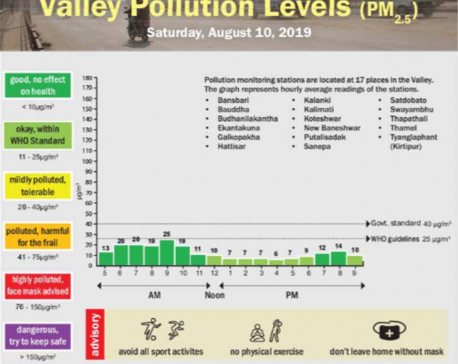
Valley pollution levels for Aug 10, 2019
Valley pollution levels for Aug 10, 2019 ... Read More...




Just In
- NEA Provincial Office initiates contract termination process with six companies
- Nepal's ready-made garment exports soar to over 9 billion rupees
- Vote count update: UML candidate continues to maintain lead in Bajhang
- Govt to provide up to Rs 500,000 for building houses affected by natural calamities
- China announces implementation of free visa for Nepali citizens
- NEPSE gains 14.33 points, while daily turnover inclines to Rs 2.68 billion
- Tourists suffer after flight disruption due to adverse weather in Solukhumbu district
- Vote count update: NC maintains lead in Ilam-2








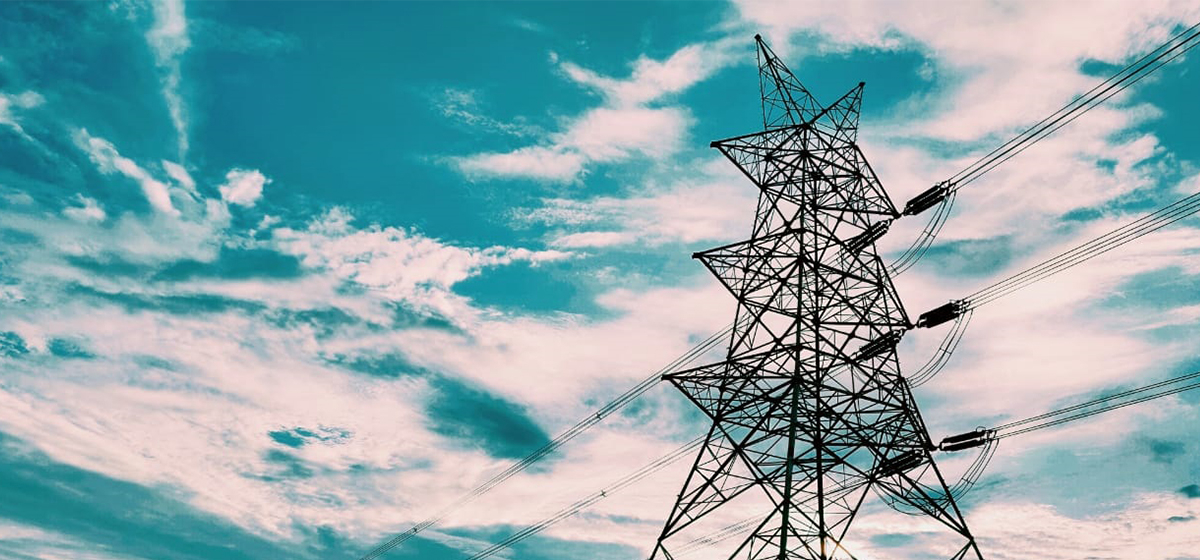




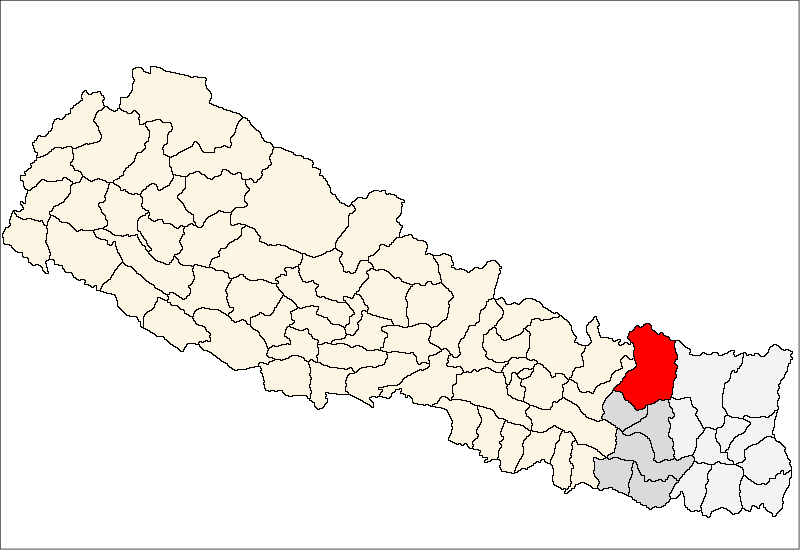
Leave A Comment